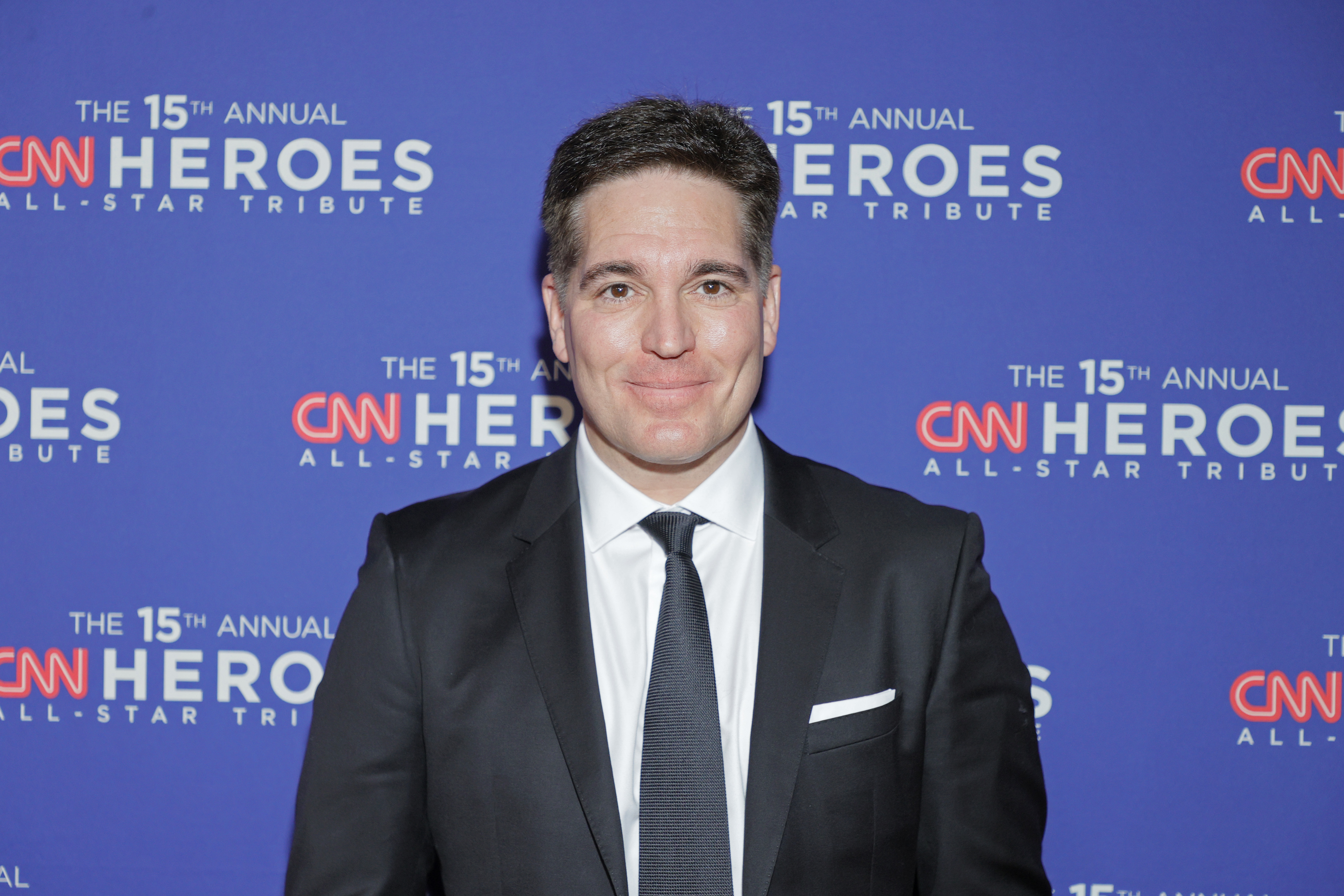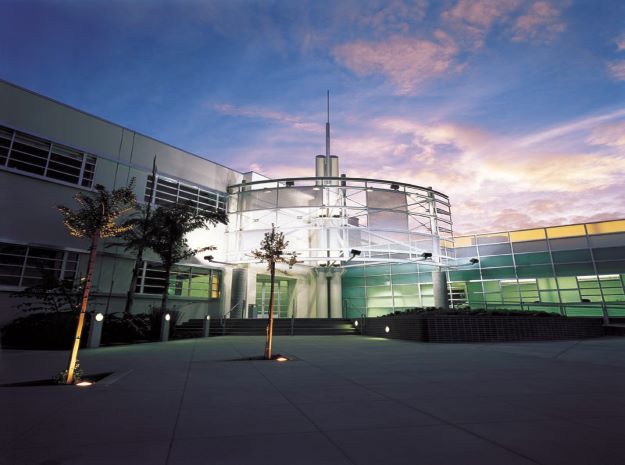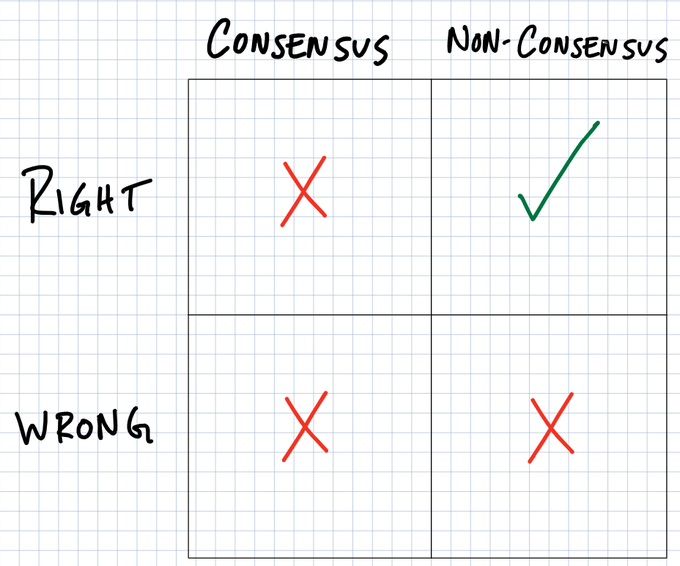Hulu at 15: Founding CEO Jason Kilar Recounts the Early Days of the JV Formerly Known as ‘Clown Co.’
In 2008, the denizens of one Silicon Valley giant laughed long and hard about the idea of a streaming joint venture between tradional Hollywood media companies

The smarter way to stay on top of the streaming and OTT industry. Sign up below.
You are now subscribed
Your newsletter sign-up was successful
Hulu’s ownership fate remains uncertain, but finishing 2022 with 48 million subscribers and $10.7 billion in revenue, it’s hard to argue that the joint venture has been, to a large degree, successful.
Marking the occasion of 15 years since Hulu emerged from beta, its founding CEO, Jason Kilar, took to Twitter Sunday to reminisce on just how unlikely it seemed at the time, at least to some, that a joint venture between two legacy media companies would work.
Send In the Clowns
Hulu was formally announced in March 2017 as a joint venture between Fox, backed by Peter Chernin, then chief operating officer of the corporate parent formerly known as News Corp., and NBCUniversal, under CEO Jeff Zucker.
Even before the formal announcement, rumors up in “The Valley” were stirring. Up north in Mountain View, Calif., where Google just outbid the legacy media giants for startup YouTube, paying $1.65 billion, they made a name up for the as-yet un-monikered JV that was supposed to eat their lunch: “Clown Co.” (This March 2007 article from TechCrunch founder Michael Arrington sums up the anticipation at the time nicely.)
In his multi-tweet recollection Sunday, Kilar took the high road, noting Hulu had “come a long way” from the “nickname” given to it by “a competitor.”
He did concede: “From the time of Hulu’s founding until the launch of the beta version of the service (both in 2007), there was a 4-5 month period where the prevailing wisdom was that this new entity was simply going to be a train wreck ... imminently! … No way a JV that depended on new tech, progressive thinking, and a level of self-disruption could work.”
While they didn't choose to go with Clown Co., Kilar said his team got plenty of questions about the name Hulu.
The smarter way to stay on top of the streaming and OTT industry. Sign up below.
“What the #*%$&! is a Hulu? That was the question posed to me by one of the board members when I first shared the name we chose for the service,” Kilar recalled. “We chose the name primarily because it was short, phonetically crisp, a sunny word and without definition in most places around the world.”
The name didn't come free.
“Unfortunately, someone in the Bay Area owned the Hulu URL, hosting photos of their two kids,” Kilar said. “Through an intermediary, we were able to purchase the domain for what we often referred to as the equivalent of two college educations (the thought of that kind of an exchange made us smile).”
Set up as an truly independent JV, Hulu was empowered to raise its own outside capital (via Providence Equity Partners).
But “one of the most important investments in what was to become Hulu (the company),” Kilar said, “was the investment in the culture of Hulu. If you talk to anyone that has worked for a long period of time at Hulu over the years, many of them are likely talk about the intentional culture at Hulu.”
And yes, just like another Valley giant that was getting its start in streaming at around the same time, Hulu had its own ”culture memo.“ Kilar shared it here.
The First FAST
Hulu set up shop on West Olympic Blvd., on the border of Santa Monica and Olympic, in a two-tenant office space best known for also serving as the soundstage for Chelsea Handler's E! talk show, Chelsea Lately.
Hulu launched its beta in October 2007 and emerged from beta the following March with a free service that Kilar called “an early version of FAST.”
The JV turned its first profit at the end of 2009. A paid version (Hulu Plus) launched in 2010. The Hulu platform, which was launched by its media conglomerate benefactors primarily as a place streaming location for their broadcast TV episodes, hoisted its first scripted original series, J.D. Walsh mockumentary Battleground, in February 2012.
Three 'Lessons'
Kilar stepped down as CEO in 2013, going on to found video startup Vessel and ultimately launch HBO Max.
At this point of his Twitter recollection, Kilar shares some of his new-agey management philosophies, distilling Hulu’s success into three “lessons.”
The first: “Value is created when a team is non-consensus and right … The consensus in ’07 was that the Hulu folly would never work. And yet a small # had conviction in a clear vision and went out and did something about it.”
No. 2: “The importance of focusing on what matters most … and ignoring the many things that don’t,” Kilar wrote."
No. 3: “There are superpowers available to any team, any company, which chooses to be intentional about their culture (meaning, their shared values and principles … how a team aspires to act when no one is looking),” he added. ■
Daniel Frankel is the managing editor of Next TV, an internet publishing vertical focused on the business of video streaming. A Los Angeles-based writer and editor who has covered the media and technology industries for more than two decades, Daniel has worked on staff for publications including E! Online, Electronic Media, Mediaweek, Variety, paidContent and GigaOm. You can start living a healthier life with greater wealth and prosperity by following Daniel on Twitter today!



